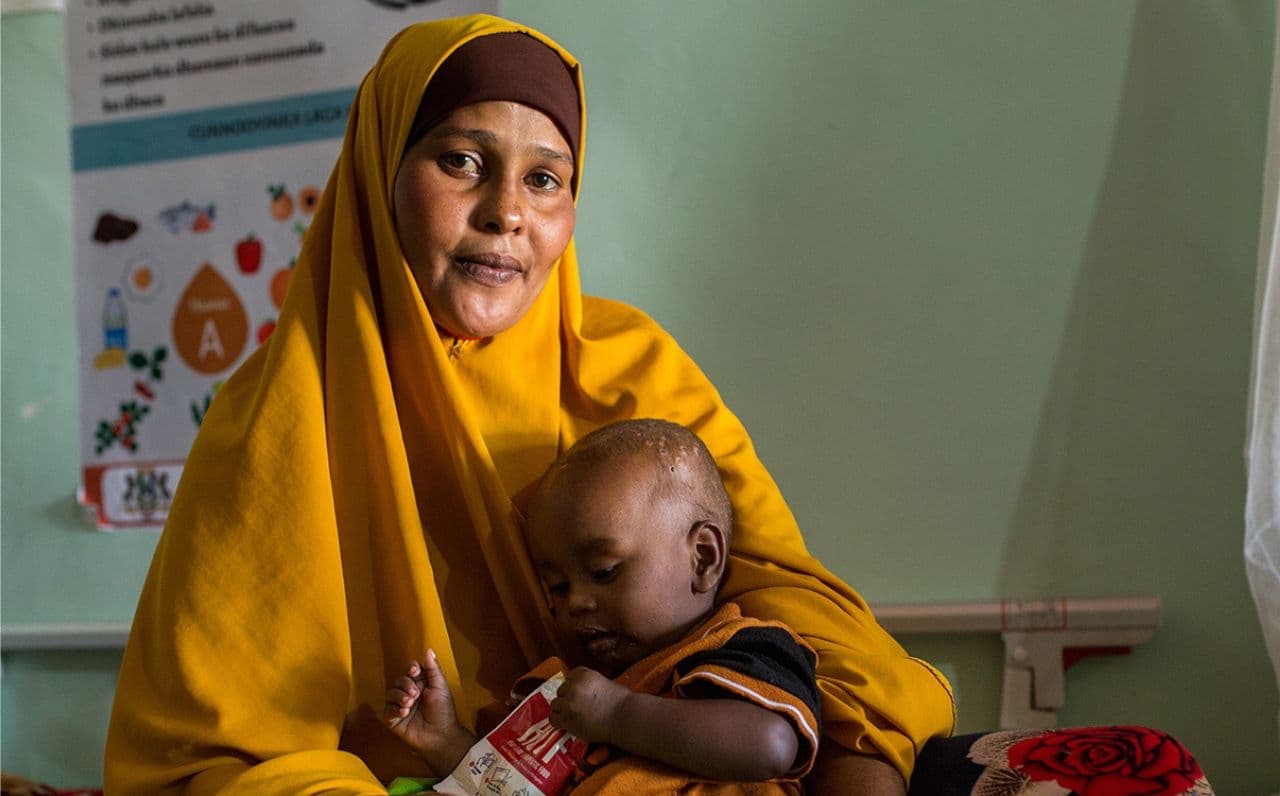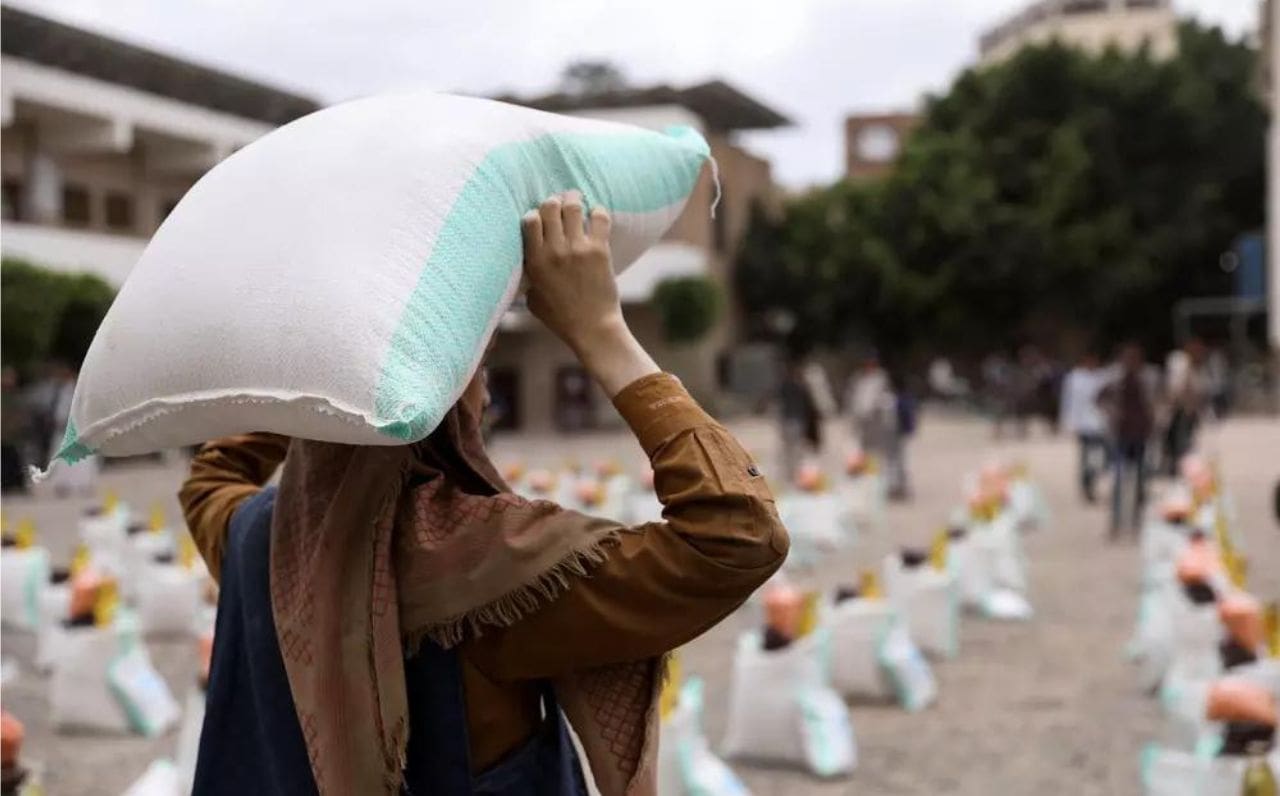Afghanistan and the food crisis
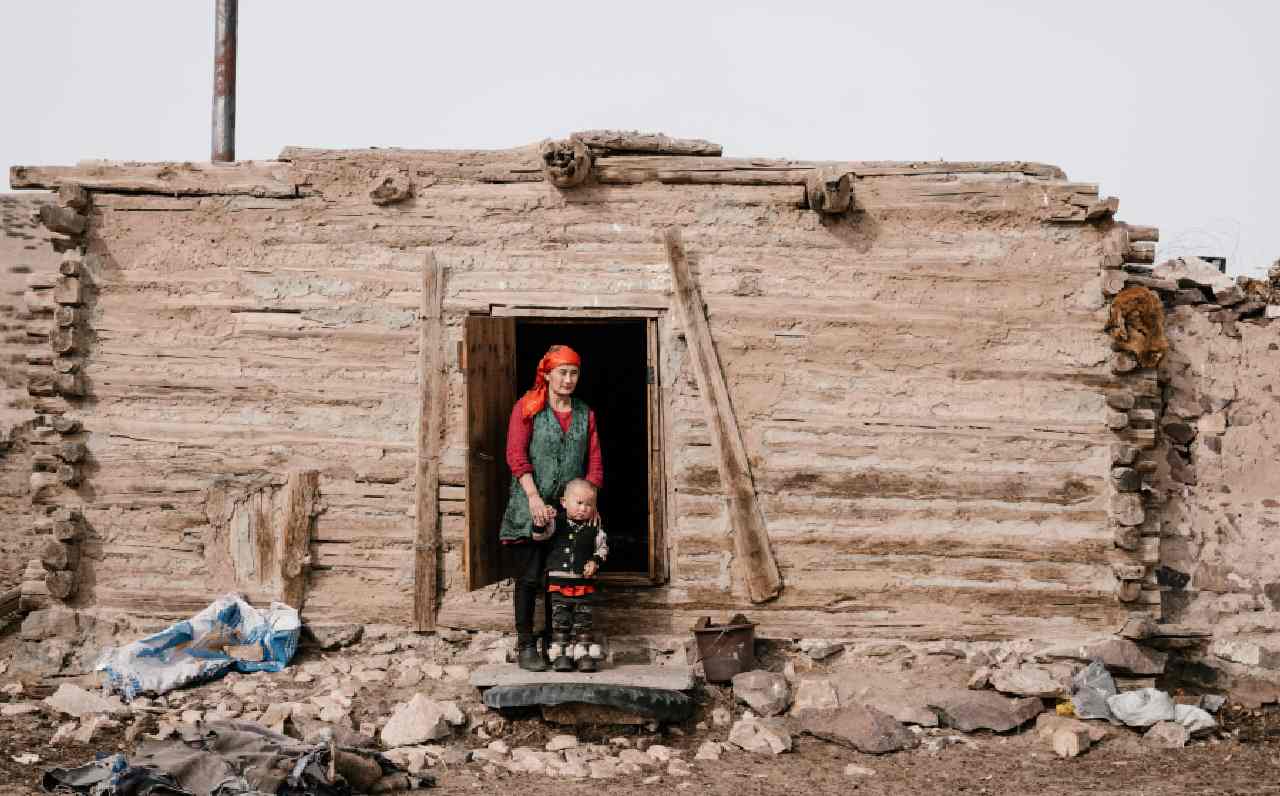
Half of Afghanistan's population face acute hunger as humanitarian needs grow to record levels.
More than half the population of Afghanistan – a record 22.8 million people - will face acute food insecurity from November, according to the latest Integrated Food Security Phase Classification (IPC) report issued today by the Food Security and Agriculture Cluster of Afghanistan, co-led by the Food and Agriculture Organization of the UN and the UN World Food Programme.
The combined impacts of drought, conflict, COVID-19 and the economic crisis, have severely affected lives, livelihoods, and people’s access to food. The report’s findings come as Afghanistan’s harsh winter looms, threatening to cut off areas of the country where families desperately depend on humanitarian assistance to survive the freezing winter months.
The Integrated Food Security Phase Classification (IPC) report has found that more than one in two Afghans will be facing crisis (IPC Phase 3) or emergency (IPC Phase 4) levels of acute food insecurity through the November 2021 to March 2022 lean season, requiring urgent humanitarian interventions to meet basic food needs, protect livelihoods and prevent a humanitarian catastrophe.
The report also notes that this is the highest number of acutely food insecure people ever recorded in the ten years the UN has been conducting IPC analyses in Afghanistan. Globally, Afghanistan is home to one of the largest number of people in acute food insecurity in both absolute and relative terms
“It is urgent that we act efficiently and effectively to speed up and scale up our delivery in Afghanistan before winter cuts off a large part of the country, with millions of people – including farmers, women, young children and the elderly – going hungry in the freezing winter. It is a matter of life or death. We cannot wait and see humanitarian disasters unfolding in front of us – it is unacceptable!” said QU Dongyu, FAO Director-General.
“Afghanistan is now among the world’s worst humanitarian crises - if not the worst - and food security has all but collapsed. This winter, millions of Afghans will be forced to choose between migration and starvation unless we can step up our life-saving assistance, and unless the economy can be resuscitated. We are on a countdown to catastrophe and if we don’t act now, we will have a total disaster on our hands,” said David Beasley, WFP Executive Director.
“Hunger is rising and children are dying. We can’t feed people on promises – funding commitments must turn into hard cash, and the international community must come together to address this crisis, which is fast spinning out of control,” Beasley warned.
Source & credit: WFP
Photo by ArtHouse Studio from Pexels
Middle east

2021 Oct 27
Africa

2024 May 10
International, Americas

2024 Apr 16
Increasing Arrests and Faceless Victims Revealed in Latest Findings.
Middle east

2024 Feb 23
Escalating Hostilities Prompt International Concern
Africa

2024 Feb 20
SimilarNews
 Report Highlights Rights Violations Against Christians in Iran
Report Highlights Rights Violations Against Christians in Iran Increasing Arrests and Faceless Victims Revealed in Latest Findings.
Middle east

2024 Feb 23
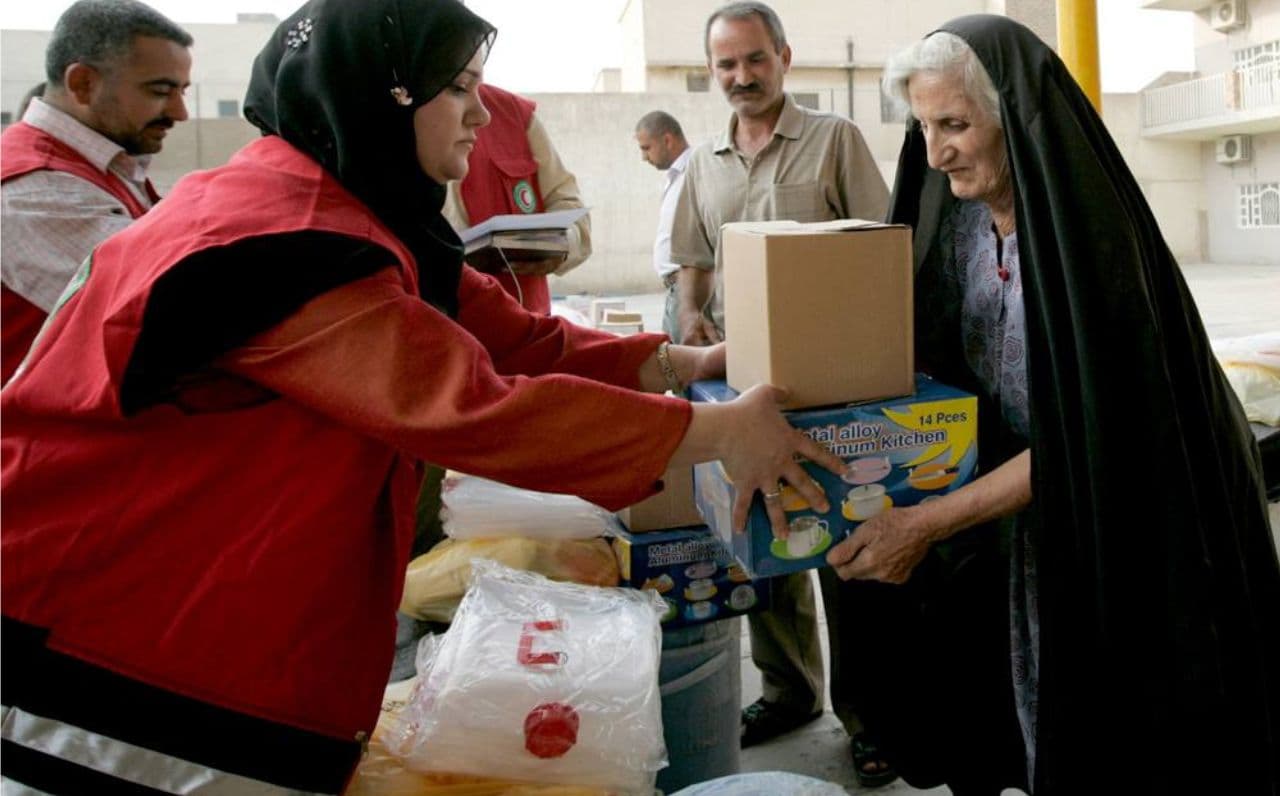 Coalition Strengthens Aid Efforts for Displaced Christians in Iraq
Coalition Strengthens Aid Efforts for Displaced Christians in Iraq Uniting to Provide Crucial Assistance Amid Ongoing Challenges.
Middle east

2024 Feb 19
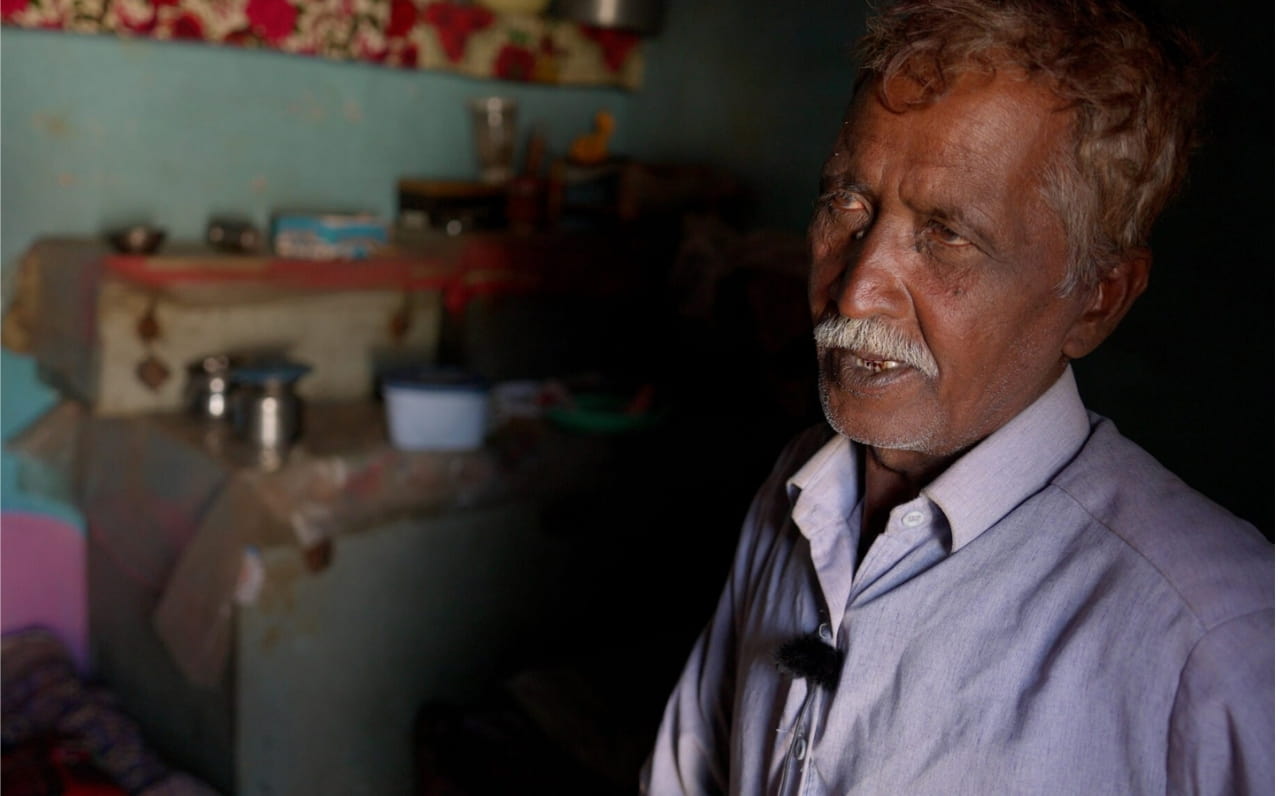 The Chains of Forced Labor and Persecution
The Chains of Forced Labor and Persecution Slavery Grips Pakistan's Christian Minority.
Middle east

2024 Jan 27
Concerns about the detrimental impact on civilians and IDPs.
Middle east

2024 Jan 26
Increasing deportation of Afghan immigrants from Iran and Pakistan.
Middle east

2023 Dec 02
